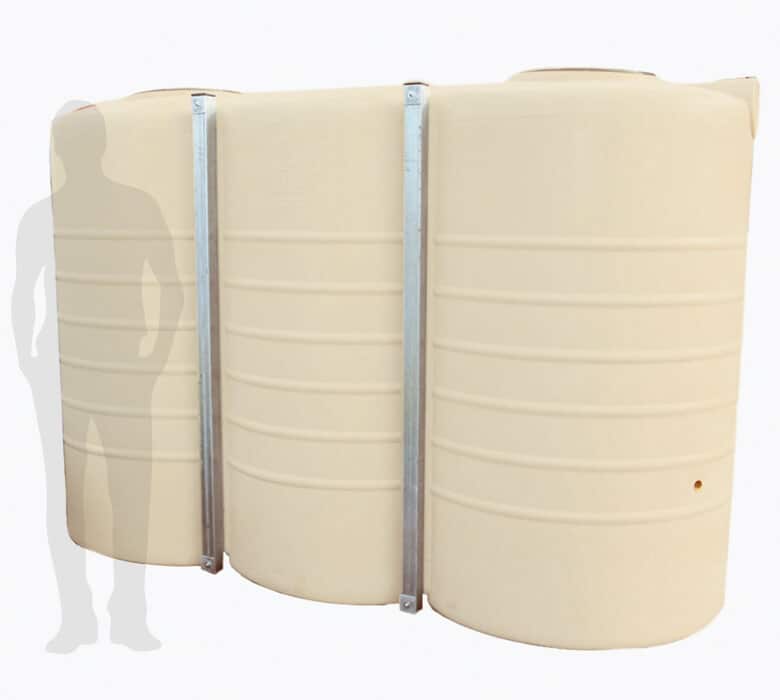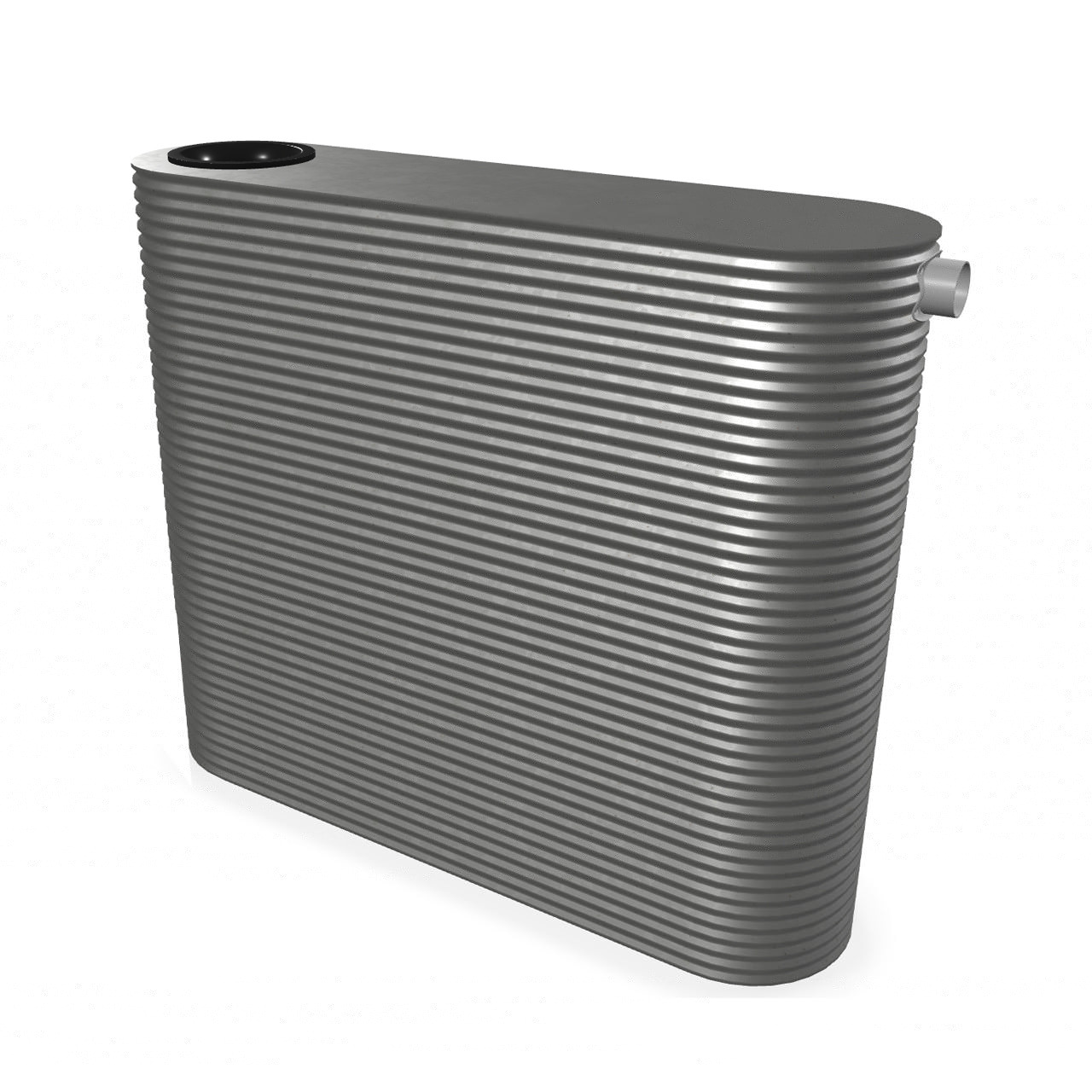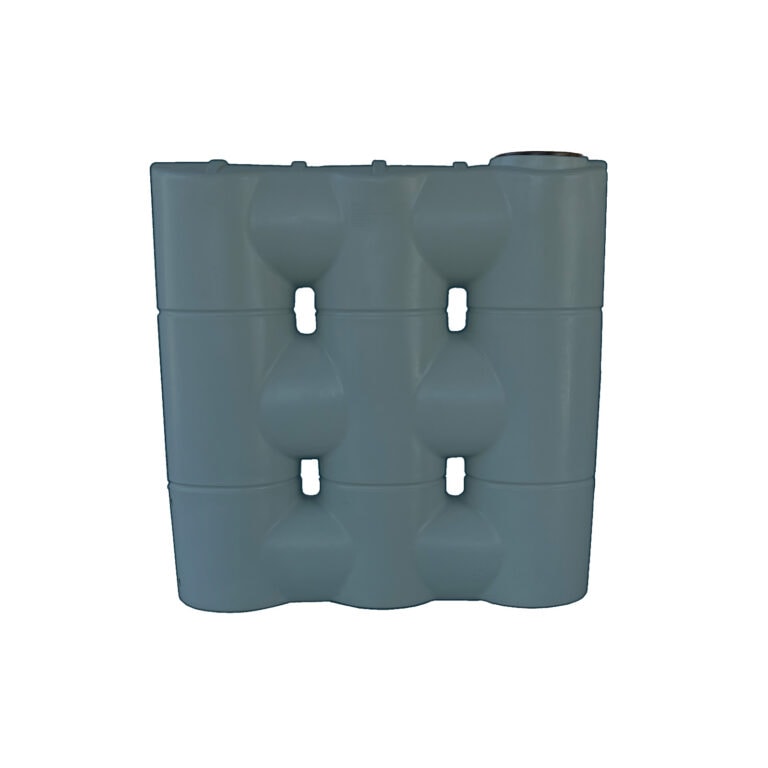Unveiling the Perks of Rain Tanks in Decreasing Water Expenses and Ecological Influence
In a world where sustainability and cost-efficiency are progressively crucial, the application of rainwater tanks presents a functional and eco aware solution. The benefits of incorporating rainwater storage tanks into property or business residential or commercial properties prolong beyond simple water expense reductions. By checking out the complex benefits of such systems, one can reveal a wide range of understandings right into exactly how they add to a much more lasting future while positively affecting both financial resources and the atmosphere.
Expense Cost Savings With Rainwater Storage Tanks
When considering the implementation of rainwater tanks, substantial price financial savings can be accomplished with effective water management practices. Rain collecting supplies a lasting option that not just minimizes water expenses but likewise minimizes the pressure on municipal water resources. By recording and storing rainwater for different non-potable uses such as irrigation, bathroom flushing, and laundry, houses and organizations can considerably decrease their dependence on cured water from the grid, leading to significant cost financial savings gradually.
By utilizing collected rainwater for tasks that do not need potable water, such as sprinkling yards or washing automobiles, people can reduce their total water consumption from the keys supply, resulting in decreased water expenses. In addition, rainwater storage tanks can help minimize the impact of water limitations or droughts by offering a different water source for necessary tasks, making sure connection in water supply without incurring too much prices.

Ecological Impact Reduction
Implementing rain storage tanks not just leads to cost savings but also adds substantially to lowering the environmental impact connected with water intake. By catching rainwater that would certainly otherwise escape right into storm drains pipes, rainwater tanks aid minimize pressure on typical water sources like rivers and reservoirs. This minimized demand for municipally dealt with water causes energy financial savings and a reduction in the carbon footprint connected with water treatment and circulation processes.
In addition, utilizing rainwater for tasks such as gardening, watering, and cleaning minimizes the need for utilizing cured water for non-potable functions. This conservation of drinkable water helps in protecting water resources for crucial usages and reduces the energy-intensive processes entailed in treating water to satisfy drinking requirements.

Water Bill Decrease Conveniences
The installment of rainwater tanks supplies significant monetary advantages with reductions in water costs. By collecting and keeping rain for various household makes use of, such as sprinkling gardens, purging bathrooms, or doing laundry, homeowners can dramatically reduce their reliance on the metropolitan water system. This, consequently, causes a visible decrease in water usage from conventional resources, leading to reduced water bills at the end of each payment cycle.
Rainwater is a cost-free and sustainable resource that can supplement and even change the need for utilizing cured water for non-potable purposes. Consequently, houses with rainwater tanks can see a significant reduction in their total water costs in time. In addition, during durations of water constraints or drought, having a rain storage tank can provide an important alternate water resource, further lowering the reliance on expensive community water products.
In essence, purchasing a rainwater storage wikipedia reference tank not just contributes to environmental preservation but also uses substantial financial advantages by minimizing water costs and promoting lasting price financial savings for property owners.
Lasting Water Monitoring Solutions
Provided the monetary advantages and decreased reliance on community water materials that rainwater storage tanks provide, checking out sustainable water monitoring services becomes a logical next step for homeowners looking to optimize their water usage. Lasting water monitoring involves implementing practices that successfully and sensibly utilize water resources while reducing wastage and ecological effect. Rainwater harvesting, which involves accumulating and saving rainwater for later usage, is a vital element of sustainable water monitoring. By using rainwater containers to catch and store rain, house owners can decrease their dependence on standard water sources, such as municipal products or groundwater, therefore contributing to water preservation efforts.

In enhancement to rainwater harvesting, lasting water administration services may consist of applying water-efficient devices, components, and landscape design methods. By adopting these sustainable water monitoring methods, house owners can not only maximize their water use but also add to environmental preservation and minimize their water expenses in the long run.
Area Water Resource Preservation

Furthermore, neighborhood involvement can expand to the application of water-saving technologies and methods on a larger scale. Urging the fostering of rain tanks, greywater recycling systems, and efficient watering approaches within communities can lead to substantial reductions in water usage. In addition, promoting a sense of cumulative responsibility for water conservation can promote lasting habits and methods among neighborhood members.
Moreover, community water resource preservation efforts can lead the way for more powerful bonds among citizens and a common dedication to ecological stewardship. By collaborating to safeguard and maintain water resources, areas can add significantly to a much more sustainable and resistant future.
Final Thought
To conclude, you can check here rainwater containers offer considerable expense financial savings, environmental benefits, and add to lasting water management options. By lowering water costs, conserving water sources, and lessening ecological effect, rain containers play this content a critical role in promoting water conservation and sustainability - Slimline water tanks. Their execution not just benefits individual households however likewise adds to the wider objective of area water resource management and conservation